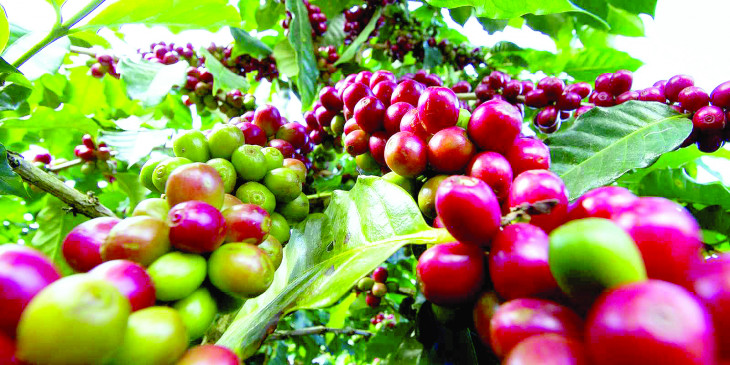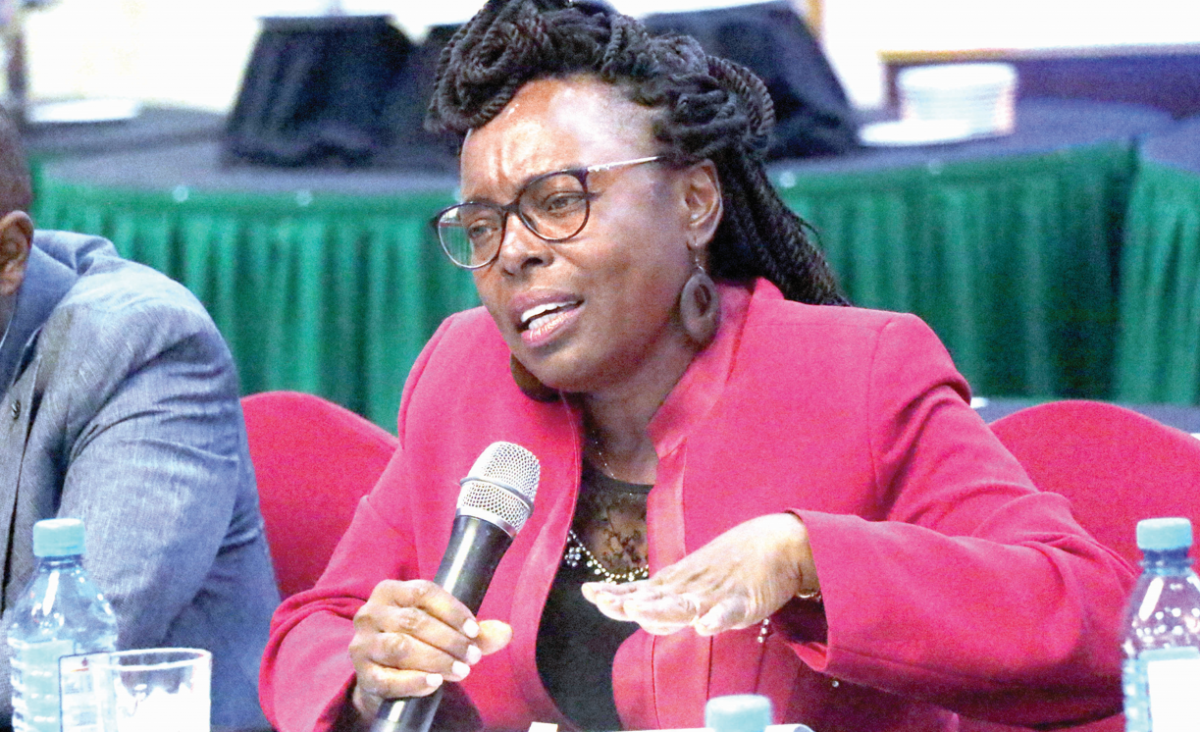Want to empower coffee farmers? Eliminate cartels

A story is told of a big foreign buyer of Kenyan coffee who once visited the country to meet local coffee farmers. Hundreds of them trooped to the venue excited at the prospects of better fortunes.
The wealthy investor arrived at the venue and after sitting patiently for a while sipping bottled water, asked why the farmers were late for such an important meeting, and who were all these people in the stadium, were they labourers? To his utter consternation, his minders promptly informed him that the shabbily dressed people he was looking at were actually the farmers. He could not fathom how the people who produce the best coffee in the world could be looking so haggard and distraught.
This story highlights the irony of coffee farmers. Despite producing such a valuable commodity, they are condemned to a life of abject poverty, thanks to exploitation by cartels and being disenfranchised. Removing rogue elements in the coffee value chain is crucial to transforming coffee into a source of sustainable livelihoods for farmers and rural communities. From past experience, however, this will not be an easy task, given the propensity of cartels in any sector of the economy to resist any attempts at disrupting the status quo.
The problem begins when farmers deliver coffee to the factory. From then on, they do not know when they will be paid or how much they will receive. In many cases, they do not even know where the processed coffee, also known as green coffee, is taken. It is within this massive black hole of information that cartels thrive. Besides enhancing transparency, there is also need to create an inclusive coffee value chain with the farmer involved in decision-making at every stage of the process from production to processing and marketing.
Fortunately, the law protects the rights of the ordinary farmer at every stage of value chain. The Crops (Coffee) (General) Regulations 2019 recognise the coffee grower as the owner until the coffee is sold and paid for. This means the farmer’s interest does not end when they deliver the crop to the factory but extends to when they receive money for their produce. But the truth of the matter is that our opaque coffee processing and marketing system tends to consign the smallholder farmer to the periphery of critical decision-making in the coffee life-cycle. Creating an inclusive coffee ecosystem should begin at the factory level.
We need to transform our coffee factories into the primary hubs of production and marketing. The coffee factory in the village is very critical because the smallholder farmer relies on it entirely to process and market their coffee. To empower the farmer, we must make the factory the primary vehicle through which his interests are protected.
Coffee Bill 2020, passed by both Senate and National Assembly and still held up in the Mediation Committee Stage from June last year, proposes to make factories autonomous units in relation to processing and marketing of coffee. Factories would no longer be ‘forced’ to join cooperative societies if they do not want to.
As a coffee farmer, I would say one of the biggest reasons behind the sorry state of the industry is the chokehold the ineptly managed and corrupt cooperative societies have had on the factories. The latter have been reduced to collection agents for cooperatives that are themselves beholden to powerful interests milking the industry. Breaking this vicious chain and liberating the farmer from the yoke of exploitation must start by allowing factories full autonomy to manage their affairs, including deciding where to sell their coffee.
Deputy President Rigathi Gachagua, who has vowed to lead the war on dismantling cartels in the coffee industry, should consider pushing for the finalisation of the mediation process on the Coffee Bill, so that it can finally be passed into law. This will pave way for transformation of the factories into innovation hubs focused on training farmers on improved crop management techniques, developing new markets and branding local coffee products among others.
— The writer is a legal and policy analyst












